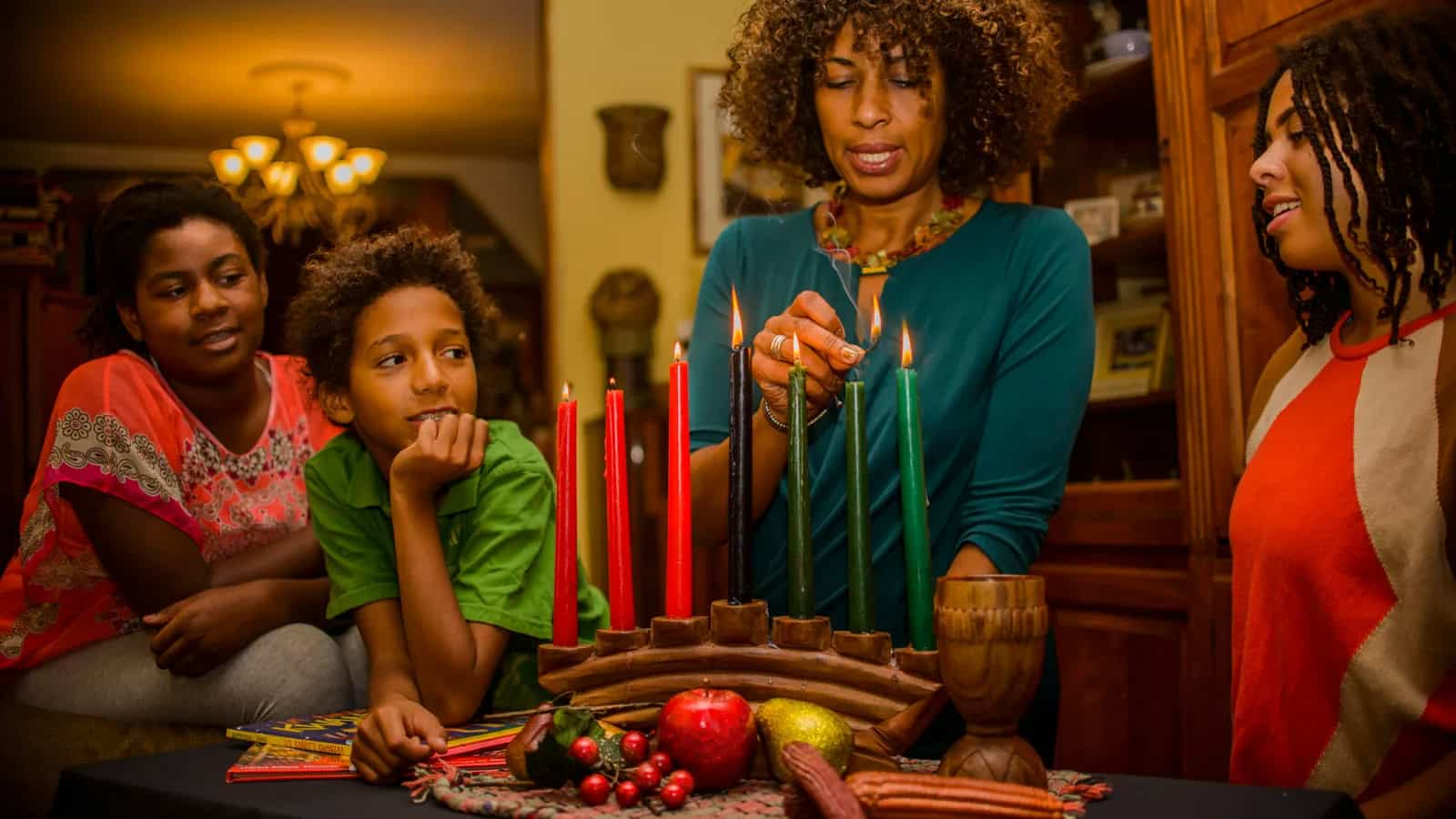Kwanzaa: Around the world, homes are decorated with a variety of seasonal customs. This day falls during the holiday season, which includes Hanukkah and Christmas. It’s mostly celebrated in the US, and it’s about upholding African values.
Kwanzaa is a seven-day celebration that highlights the values of togetherness, self-determination, collective responsibility, cooperative economy, purpose, creativity, and faith. California State University professor Maulana Karenga founded it in 1966.”First fruits” or “matunda ya kwanza” in Swahili is where the word “Kwanzaa” originates.
Happy Kwanzaa Wishes: Best Messages, Quotes and Status
Is Kwanzaa a pagan holiday?
Even though this day is primarily an African American holiday, people all over the world—particularly in the Caribbean and among African diaspora communities—celebrate it.
It is not a religious holiday, despite its African origins; individuals of different religions can celebrate it together, promoting harmony rather than conflict.
What are the primary customs of Kwanzaa?
The creator of the holiday intended for Kwanzaa to catalyze unity, bringing together individuals from various backgrounds. The lighting of candles on a kinara, a candleholder with three red, three green, and one black candle, represents the fundamentals of this day.
The event also included the presentation of symbols like the Kikombe cha Umoja (unity cup) and corn, which stand for children. Each candle symbolizes a particular virtue.
Originating in customs across the African continent, it provides an opportunity for communities to consider common ideals. Celebrations are happy occasions for attendees because they frequently feature cultural events like feasts, dancing, and poetry readings.
Saying “Happy Kwanzaa” to someone who is celebrating the holiday is sufficient, although customary salutations like “Habari gani” combined with the day’s theme enhance the occasion.




